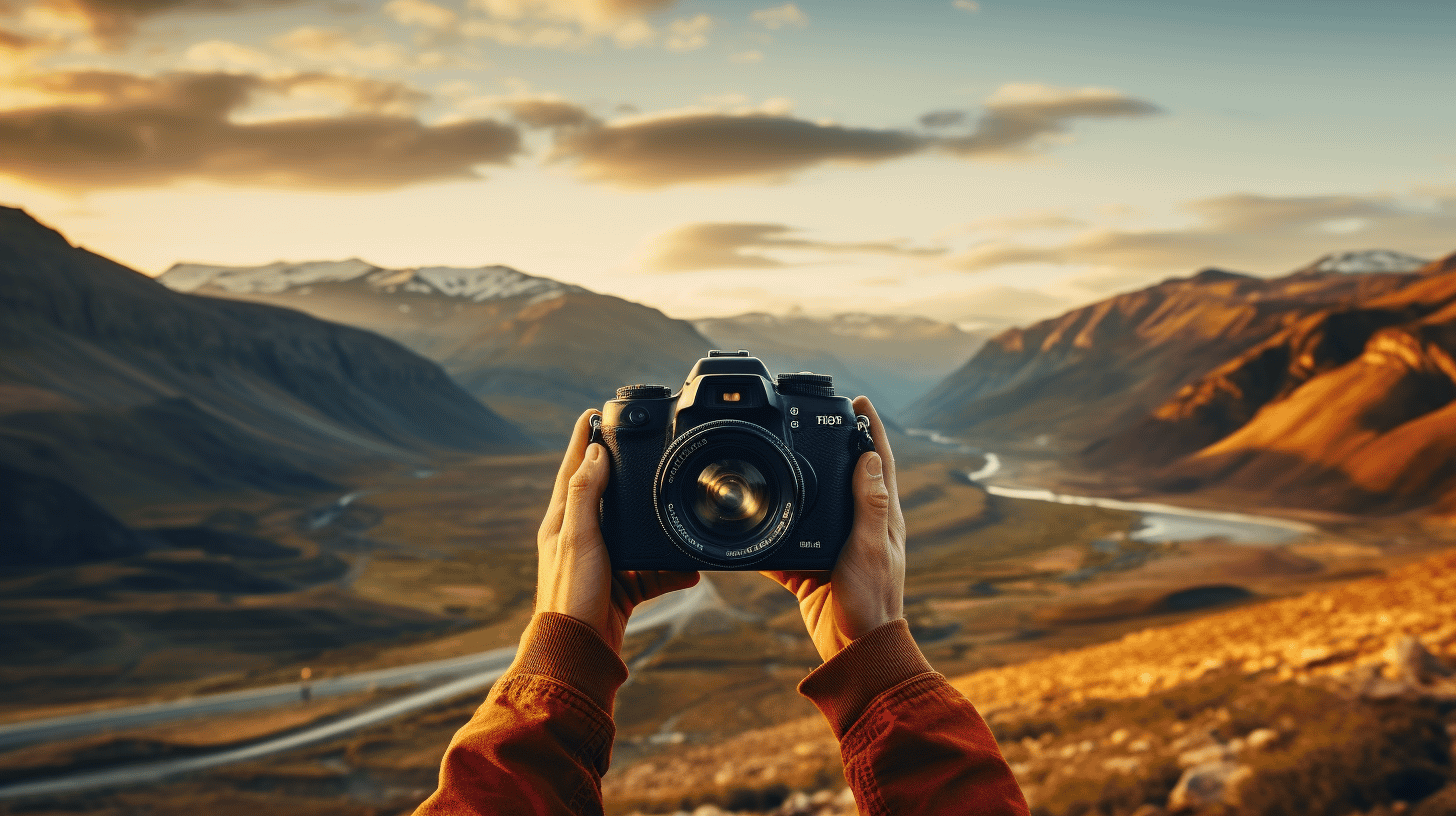Artificial Intelligence (AI) has emerged as a game-changer in various industries, and photography is no exception. This powerful technology has been revolutionizing the traditional photographic landscape, making the process more accessible and efficient for photographers around the globe. With the rise of next-generation smart camera technologies, AI-powered features are becoming the standard in modern photography, leading to a paradigm shift in the way we capture memories.
Table of Contents
- AI in Photography: An Overview
- Face and Eye Detection
- AI-enhanced Autofocus
- Smart Image Stabilization
- High Dynamic Range (HDR) and AI
- AI-assisted Night Photography
- AI-powered Photo Editing
- Future Trends in AI Photography
- Conclusion
AI in Photography: An Overview
Smart cameras equipped with AI technology have transformed the complex art of photography into an effortless and enjoyable experience for both amateur and professional photographers. By automating intricate tasks and decisions, AI boosts image quality and creates dazzling results with little manual intervention. The following sections will explore some critical aspects of AI photography, showcasing how it is changing the photography landscape.
Face and Eye Detection
One of the most significant innovations in AI photography is the implementation of advanced face and eye detection algorithms. These features enable cameras to automatically analyze and recognize a subject’s face and eyes, ensuring that the resulting images are sharp and focused.
Face Detection
Most modern cameras are equipped with an AI-driven face detection mechanism, which ensures that the subject’s face is consistently in focus. This technology can quickly distinguish multiple faces in a frame and prioritize the primary subject for image capture and exposure.
Eye Detection
Eye detection is another groundbreaking feature of AI-enhanced cameras. This technology enhances the detection capabilities even further, enabling cameras to focus on the subject’s eyes directly to ensure maximum sharpness, which is especially helpful in portrait photography.
AI-enhanced Autofocus
Autofocus (AF) has come a long way since its inception, and AI is a significant force behind its evolution. The integration of AI algorithms in autofocus systems of cameras has topped the abilities of manual focus, delivering quick, accurate, and consistent results across various shooting conditions.
Tracking AF
Tracking AF is an AI-based feature that enables cameras to maintain focus on a moving subject by predicting its motion and adjusting the focus accordingly. This technology is particularly useful in sports, wildlife, or any fast-paced photography scenario that requires constant focus adjustments.
Zone AF and Expanded Flexible Spot
AI-powered autofocus systems also comprise options like Zone AF and Expanded Flexible Spot, allowing photographers to be more precise with their focus by selecting smaller areas within a frame. As a result, users can achieve better subject isolation and more control over the final image.
Smart Image Stabilization
Image stabilization is a crucial aspect of photography, as it minimizes blur caused by camera shake, ensuring sharp and clear images. AI technology enhances image stabilization systems, negating the need for tripods or other stabilization equipment in many circumstances.
Sensor-shift Image Stabilization
Some AI-powered cameras are equipped with built-in sensor-shift image stabilization systems that combat camera shake by physically moving the image sensor within the camera body. These systems offer a higher degree of stabilization, significantly improving image quality in shaky or long-exposure situations.
High Dynamic Range (HDR) and AI
High Dynamic Range (HDR) photography combines multiple images with varying exposure levels to create a single, well-exposed, and detailed image. AI technology contributes to this process by blending the images with precision, creating a seamless final result.
Auto HDR
Auto HDR is an AI-driven mode that automatically selects the best exposure settings for each frame, producing well-balanced images with adequate exposure, highlights, and shadows. This feature eliminates the need for manual exposure bracketing and ensures consistency across the image series.
AI-assisted Night Photography
Low light and night photography can be challenging due to limited visibility and noise issues. AI-powered cameras have come to the rescue, offering advanced night shooting modes that recognize low-light environments and adjust settings accordingly for optimal image quality.
Night Mode and Noise Reduction
AI-enhanced night modes employ adaptive noise reduction algorithms that analyze and clean up image noise to yield smooth and vivid low-light photos. This technology allows photographers to capture stunning nighttime images without manual intervention or excess noise in the final output.
AI-powered Photo Editing
AI technology is not limited to camera hardware only; it is significantly reshaping the post-processing aspect of photography as well. AI-driven photo editing software offers advanced features and tools, enabling photographers to edit and enhance their images swiftly and efficiently.
Automatic Selection and Filtering
AI-based photo editing solutions can automatically analyze and select the best images from a series, saving time and effort for photographers. These tools can also apply recommended filters and adjustments based on a photo’s content, like exposure, color, and composition.
Intelligent Retouching
AI-powered retouching tools have revolutionized the way photographers edit their images. Smart algorithms analyze and modify aspects like skin texture, blemishes, and even eye color, delivering exceptionally realistic and professional results.
Future Trends in AI Photography
AI photography continues to evolve, and several future trends are expected to shape its development further. These include advanced subject recognition, improved noise reduction, the growing integration of AI in video production, and virtual reality (VR) applications.
Conclusion
The ever-evolving landscape of AI-powered photography is transforming the way people capture their memories, making it accessible and enjoyable for everyone, regardless of skill level. As AI technology continues to improve and innovate, we can expect more breakthroughs that redefine photography as we know it.

0 Comments